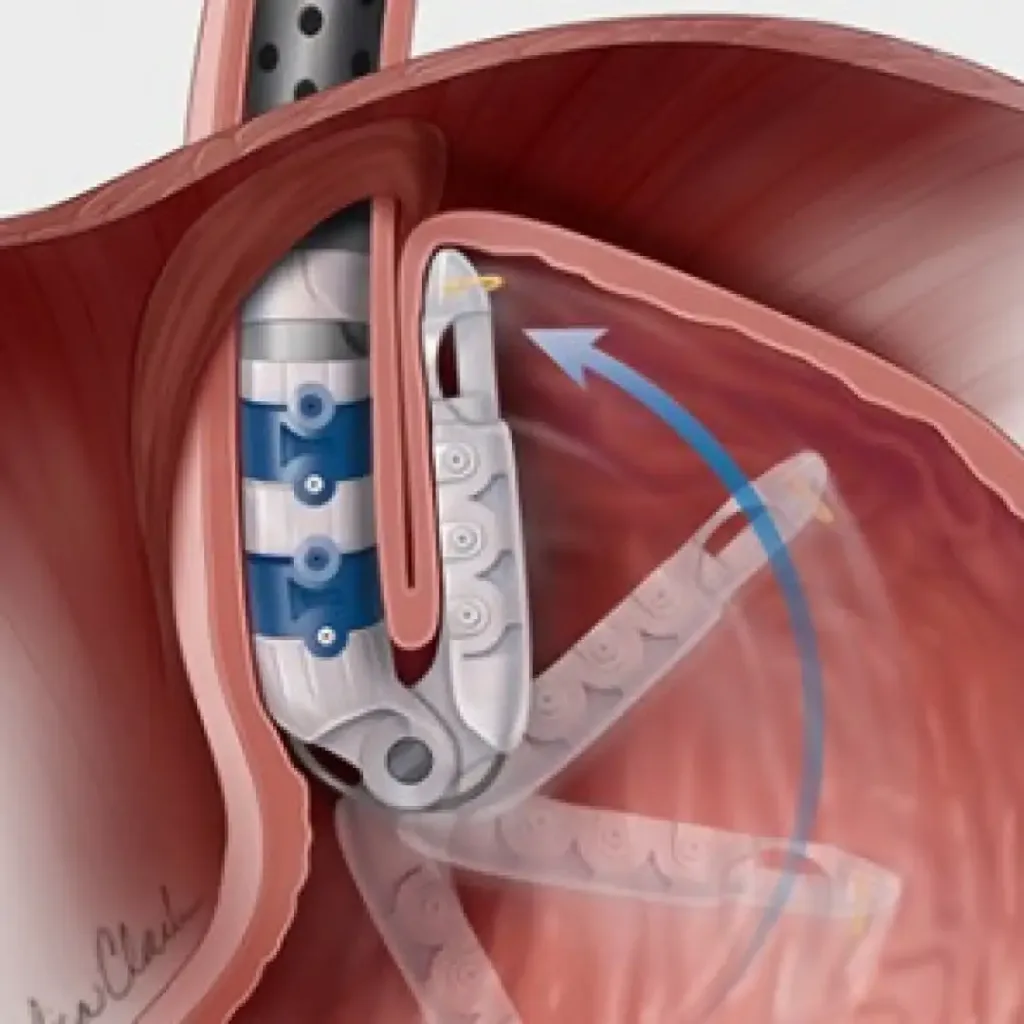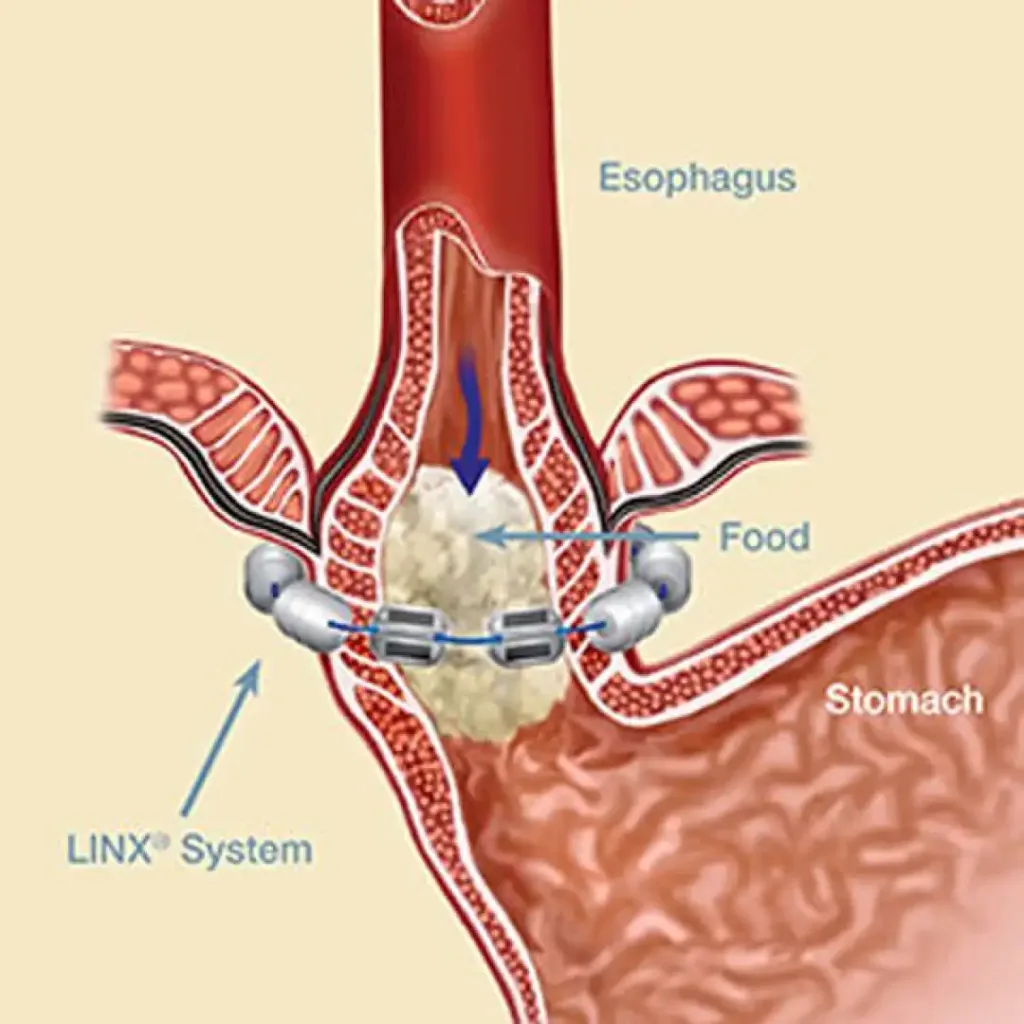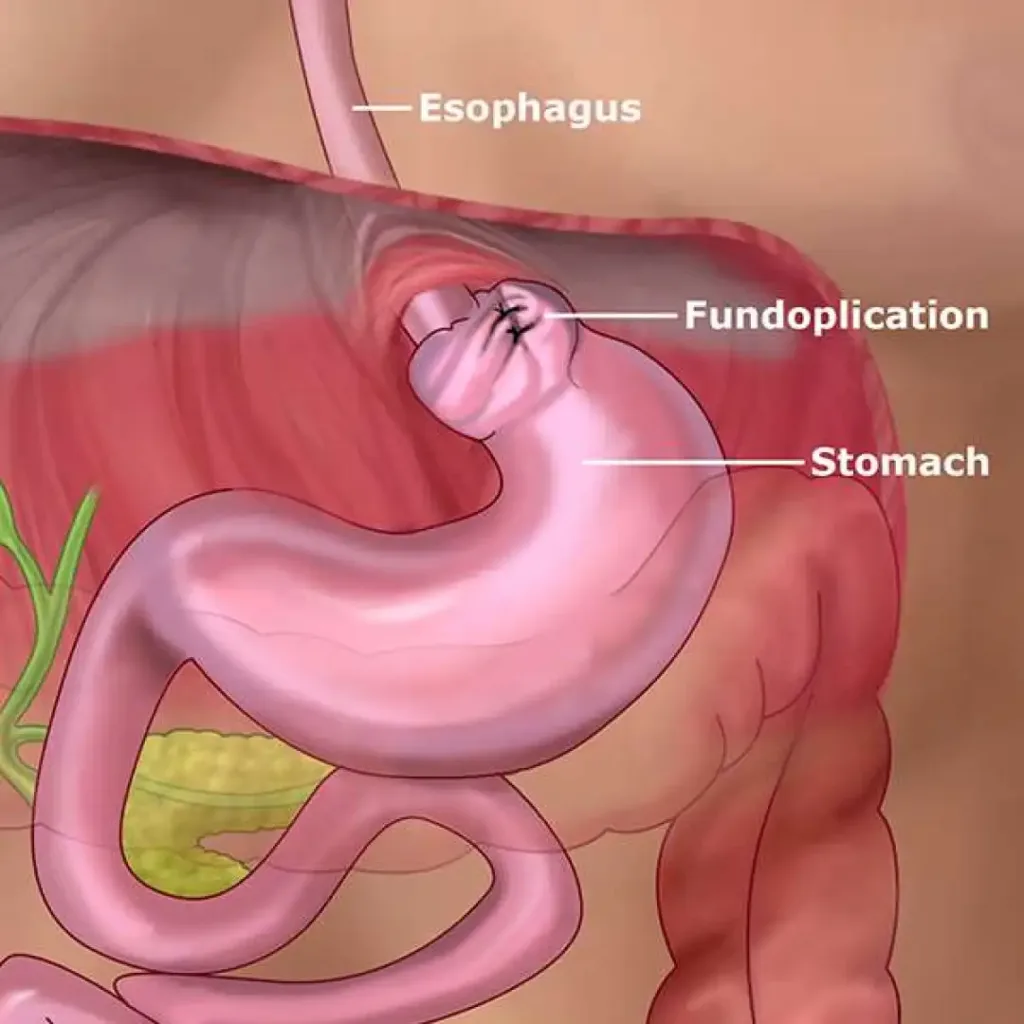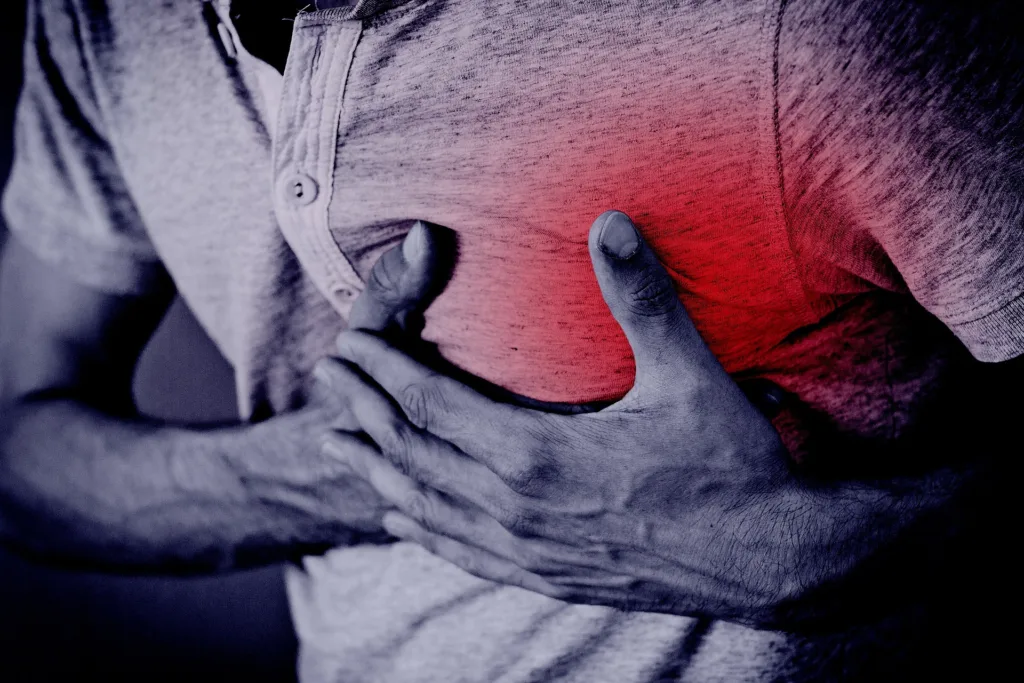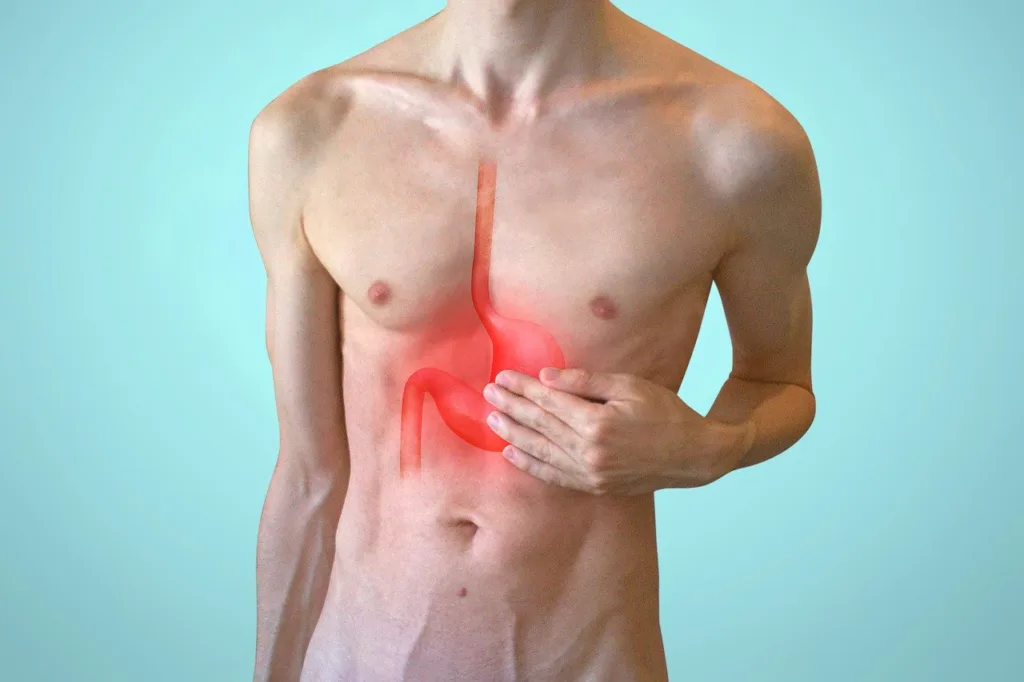Stomach pain
Symptoms
Stomach pain
Abdominal pain or stomach ache is a prevalent symptom of various medical conditions. If the pain persists or you experience any other changes in digestion, it is advisable to seek medical advice.
Our team of gastroenterologists, who specialise in stomach-related problems, offer reliable medical guidance and expert private care. You can schedule an appointment with us to receive a diagnosis, treatment or advice on your condition.
Related Symptoms
- - Acid reflux, heartburn, and indigestion
- - Bloating
- - Constipation
- - Vomiting
- - Diarrhoea
Causes of stomach pain
Below are some common causes of stomach aches and the related symptoms each cause may lead to:
- Trapped wind: Trapped wind can cause a stomach ache characterised by feeling bloated and passing wind often.
- Indigestion: Indigestion can cause a bloated feeling. You might feel full or sick after eating and have heartburn or acid reflux.
- Constipation: If you haven’t had a recent bowel movement, this might be a sign of constipation which can lead to stomach pain.
- Food poisoning: If you experience a stomach ache with diarrhoea, vomiting and watery stool, you may have food poisoning.
- Other possible causes of stomach pain include irritable bowel syndrome (IBS), inflammatory bowel disease (IBD), or a urinary tract infection.
If you are experiencing stomach pain that persists or you notice any other changes to your digestion, seek medical advice from one of our gastroenterologists. They offer trusted medical advice and expert private care, and can provide a diagnosis or treatment. Book an appointment today to get started.
When to see a doctor
Most stomach aches resolve on their own, but sometimes it is necessary to consult a doctor to discuss your symptoms.
You should see a doctor if:
- Your stomach pain rapidly worsens
- Pain or bloating recurs or persists
- You have difficulty swallowing food
- You experience unexplained weight loss
- You are urinating more than usual or experiencing painful urination
- You notice blood in your stool
- You frequently experience diarrhoea
If you are concerned about your stomach pain, please schedule an appointment with one of our gastroenterologists. You may require a colonoscopy or gastroscopy to diagnose your symptoms.
In rare cases, bowel cancer may be the cause of stomach pain. If we suspect this to be the case, we will recommend bowel cancer screening.





